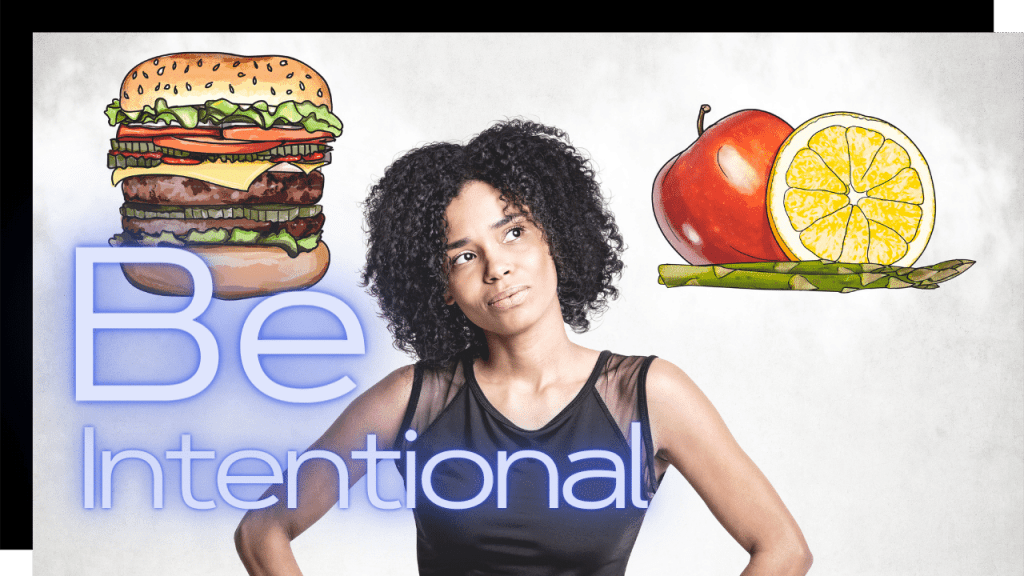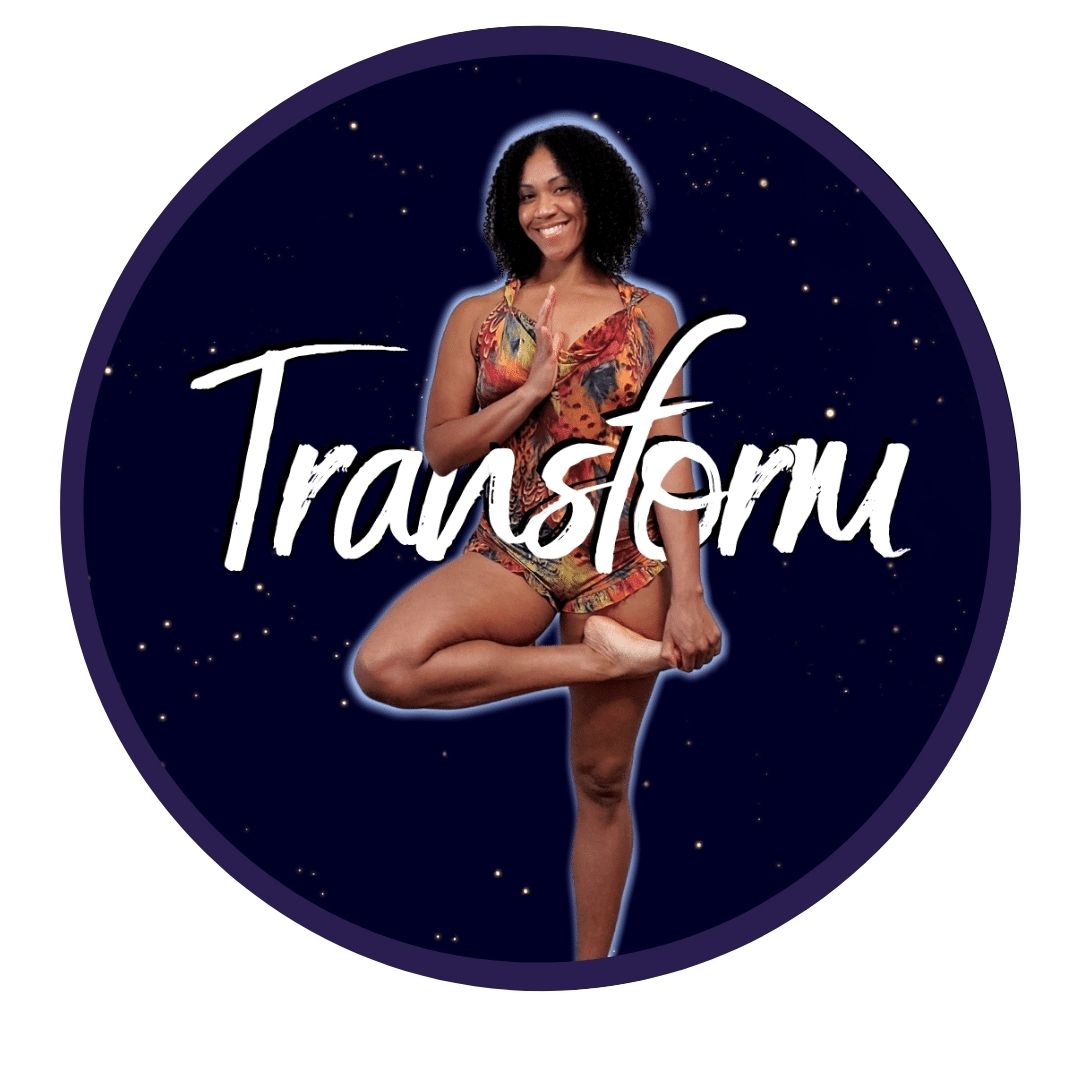
This week, we’ve learned a lot about how what we eat and the way we eat can affect us. We discovered that by eating fruit and veggies daily, savoring our food, and paying attention to fullness and hunger cues, we are building a strong foundation upon which to build a lifestyle of healthy eating. Today’s lesson builds upon that foundation by asking us to become more mindful about how we think about food, to not only work toward healthy bodies, but healthy spirits and minds.
Get in Tune. Make Peace with Food
Our culture is fraught with nutrition rules that are based on dieting for rapid weight loss. Even if weight loss is your goal, this constant obsession with designing the “perfect plate” or sticking to the “right portions” can be highly toxic to our well-being. Instead of stressing over the specifics, it is more beneficial in the long run to weave healthy eating principles into the fabric of our lives and allow space for imperfection. In today’s video, Eve Lahijani shares her own struggles with food obsession over her lifetime and how she was able to find a healthy way of eating by making peace with food in her life.
Tips to Make Eating More Intentional
Here are a few ways that you can use what we’ve learned this week to become more intentional with your meals.
- Keep your goals in mind. Know the effects that the foods you eat have on your body. Understanding how certain foods benefit you and how they may harm your health can go a long way in helping you make the choice that’s most appropriate for you in the moment.
- Choose a balance of traditionally “good for you foods” and foods that you satisfy you. Feeling satisfied when you look at your meals, while you’re eating them, and after you’re done is an important way to build a positive relationship with food and a nutrition lifestyle that feels nourishing rather than restrictive.
- Eat when you’re hungry and stop when you start feeling full. Be mindful of the cues that signal your hunger and the ones that tell you to slow down once your body has had enough food. They are both important ways your body tells you what it needs in the moment. Honoring these cues helps to builds a sense of trust and self-efficacy, which are key to developing higher self-esteem and self-worth.
- Learn to enjoy the process. As with any new skill, learning to properly nourish your body can be enjoyable. Allow yourself to slow down and be present with the process. Make it fun by choosing a colorful array of foods. Stay present during the cooking process, and savor your food once you sit down to eat.
Now I’d Like to Hear From You
That’s it for today! Make sure to check the boxes below once you complete all your tasks for today.
